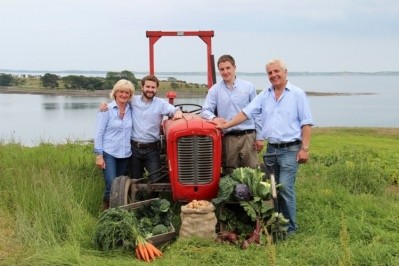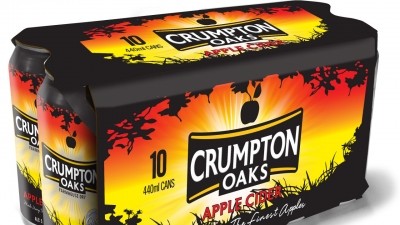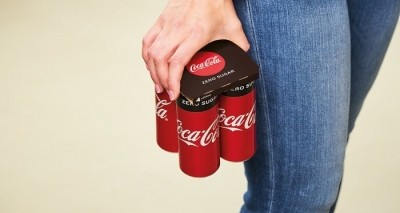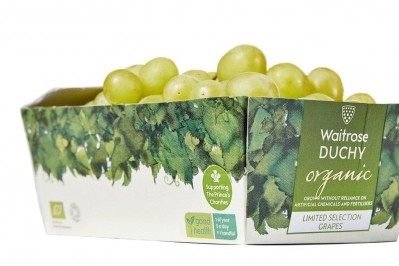Mono-material packaging demand will fuel further BOPP growth
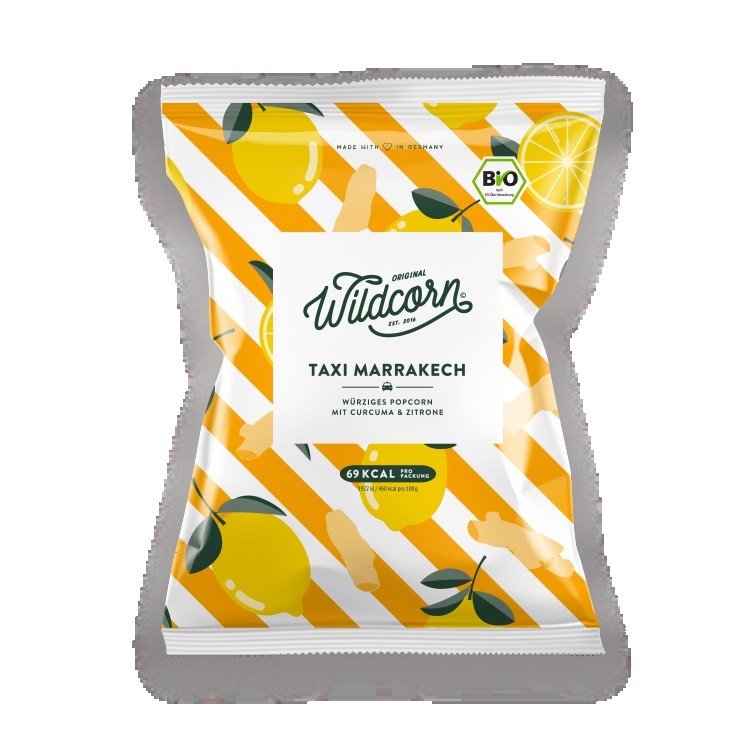
In its latest study on global BOPP film sales, market intelligence company Wood Mackenzie said it expected worldwide demand to grow 4.7% annually over the next five years. UK consumption has been increasing at 2% per year, and was predicted to continue at the same rate, according to head of films and flexibles Robert Gilfillan.
“Rather than use polyester (polyethylene terephthalate) film in multilayer laminations, there’s a drive to produce mono-material,” he told Food Manufacture. “This includes BOPP and low-density poly-ethylene (LDPE), which belong to the same polyolefin family.”
Taking this a step further, a recent pack for German popcorn brand Wildcorn (pictured) combined Innovia Films’ Propafilm Strata BOPP with white cavitated OPP. The resulting all-PP pack won Made for Recycling certification from German environmental service provider Interseroh.
Similar mono-material substitutions are gaining favour in UK markets too, according to Innovia, despite the lack of an appropriate recycling infrastructure.
Low-density polyethylene
Meanwhile, LDPE converters are pushing their own version of ‘mono-material’. In late 2018, Tesco and Co-op substituted BOPP with its ‘recyclable’ LDPE in salad bags, despite questions being asked about the effectiveness of the front-of-store LDPE recycling route.
Alasdair McEwen, global product manager for packaging at Innovia, argued in favour of BOPP. “You have to increase the thickness of the LDPE to achieve the same barrier and the same machine performance, in terms of stiffness, as with BOPP,” he said.
Innovia has been gauging market interest in its Propafilm Encore family of films, where the bio-PP is derived from forestry waste.
